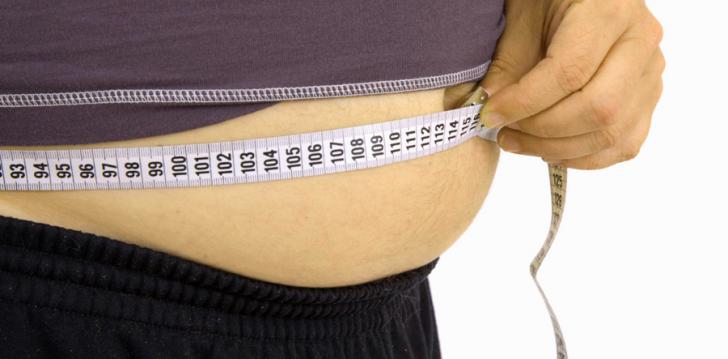Donald Layman, Ph.D., a professor emeritus of nutrition at the University of Illinois says protein dulls hunger and can help prevent obesity, diabetes, and heart disease. Protein is crucial if you're trying to lose weight. The fewer calories you consume, the more calories should come from protein. You need to boost your protein intake to between 0.45 and 0.68 gram per pound to preserve calorie-burning muscle mass. http://www.menshealth.com/
mhlists/guide-to-protein/printer.php
Various foods, including nuts and beans, can provide a good dose of protein, but the best sources are dairy products, eggs, lean meat, and fish. Animal protein is complete—it contains the right proportion of the essential amino acids that your body can't synthesize on its own.
It is possible to complete
protein intake from plant-based foods by combining legumes, nuts and grains at one meal or over the course of a day. On the other hand, Beans and legumes have carbs that can make harder to lose weight. “You'll need to consume 20 to 25 percent more plant-based protein to reap the benefits of animal-derived sources.” says Mark
Tarnopolsky, M.D., Ph.D., who studies exercise and nutrition at McMaster University in Hamilton, Ontario.
A healthy weight sets the stage for bones, muscles, brain, heart, and others to play their parts smoothly and efficiently for many years. Excess weight, especially obesity, diminishes almost every aspect of health, from reproductive and respiratory function to memory and mood. Obesity increases the risk of several debilitating and deadly diseases including diabetes, heart disease and some types of cancers. Obesity decreases the quality and length of life and increases individual and national healthcare costs.
So scale down your fat and carbohydrate intake to make room for lean protein: eggs, lean chicken, low-fat milk, yogurt, and fish. But remember, if you're struggling with your weight, fat itself is not the culprit; carbs are most likely the problem. Fat will help keep you full while carbs can put you on a blood-sugar roller coaster that leaves you hungry later.
"At any given moment, even at rest, your body is breaking down and building protein," says Jeffrey
Volek, Ph.D., R.D., a nutrition and exercise researcher at the University of Connecticut. Layman says, “Every time you eat at least 30 grams of protein, you trigger a burst of protein synthesis that lasts about 3 hours.”
But think about it, when do you eat most of your protein? At dinner, right? That means you could be fuelling muscle growth only for few hours a day, and breaking down muscles the rest of the time. Layman says,“Instead, you should spread out your protein intake.”
Your body can process only so much protein in a single sitting. A recent study from the University of Texas found that consuming 90 grams of protein at one meal provides the same benefit as eating 30 grams. It's like a gas tank, says study author Douglas Paddon-Jones, Ph.D., "There's only so much you can put in to maximize performance; the rest is spillover."
Eating protein at all three meals—plus snacking two or three times a day on proteins such as cheese and milk—will help you eat less overall. People who start the day with a
protein-rich breakfast consume 200 fewer calories a day than those who chow down on a carb-heavy breakfast.
